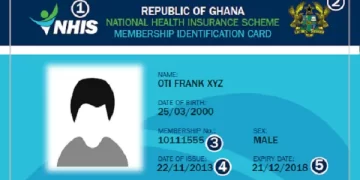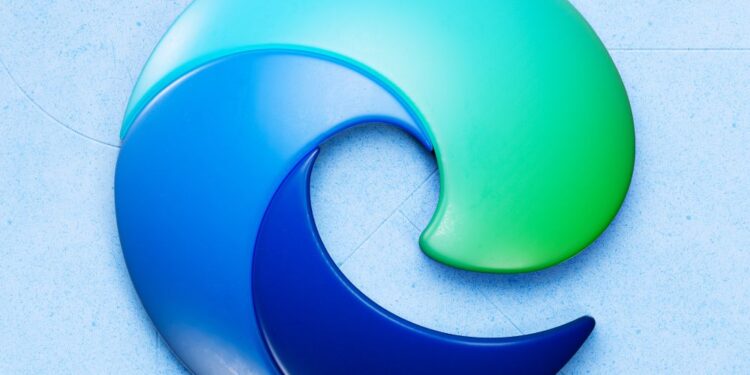Opera has lodged an anti-competition complaint in Brazil, accusing Microsoft of employing “manipulative design tactics” to promote its Edge browser and Bing search engine.
Over the years, Microsoft has used various strategies to encourage users to stick with its defaults, including altering Chrome download pages and employing disruptive pop-ups. Frustrated by what it terms Microsoft’s “manipulative design tactics,” Opera took action today, claiming that these practices hinder competition by steering users toward Edge.
“Microsoft thwarts browser competition on Windows at every turn,” said Aaron McParlan, general counsel at Opera. “First, browsers like Opera are excluded from key preinstallation opportunities, and then Microsoft complicates users’ ability to download and utilize alternative browsers.”
Opera’s complaint asserts that Microsoft disregards users’ choice of default browser in multiple ways, such as opening PDF files or links through Outlook and Teams, as well as using Windows features like Search and Widgets. The complaint also highlights Microsoft’s use of intrusive banners and messages that discourage users from downloading alternative browsers while they are actively searching for them.
Brazil was chosen as the venue for the complaint because it is a significant market for Opera. “Opera is already a major success in Brazil, being the third most popular browser there, with millions of loyal users who choose it despite Microsoft’s tactics,” McParlan stated. “This complaint presents an opportunity for Brazil to take the lead on this global issue.”
If Opera’s complaint is successful, it seeks remedies from Microsoft, including allowing PC manufacturers to preload alternative default browsers, lifting barriers to downloading other browsers, and eliminating “dark patterns” that pressure users to switch to Edge. Opera also claims that Microsoft mandates OEMs to deliver S mode devices to qualify for rebates on Windows OS licenses, a practice it wants abolished.
While the Brazilian competition authority will handle the complaint, it is part of Opera’s broader initiative to challenge Microsoft’s Edge practices globally. Last year, Opera unsuccessfully contested the EU’s decision not to classify Microsoft Edge as a gatekeeper under the Digital Markets Act (DMA). Although Microsoft avoided this designation, it was still required to modify Windows in EU markets, leading to a reduction in Edge-related prompts for users.
ICYMI: Zuckerberg: Future without AI Glasses will put users at a disadvantage
“We believe that Microsoft’s actions, including recent changes in Europe, do not adequately comply with the DMA,” McParlan remarked. “As part of our global efforts to ensure consumer choice, Opera has appealed the European Commission’s decision against designating Edge as a ‘gatekeeper’ service under the DMA.”
Microsoft has a history of using Windows to encourage users to switch to Edge, even creating a spoofed Google interface earlier this year to mislead Bing users into thinking they were using Google. This imitation quickly ended after users began to notice the deception.
Opera has previously raised complaints about Microsoft’s browser practices, including a 2007 antitrust complaint with the EU that led to the introduction of a browser ballot screen, allowing users to choose from multiple browsers instead of defaulting to Internet Explorer. Microsoft was fined $730 million in 2013 for failing to include this ballot in Windows 7 Service Pack 1.
SOURCE: THE VERGE



























